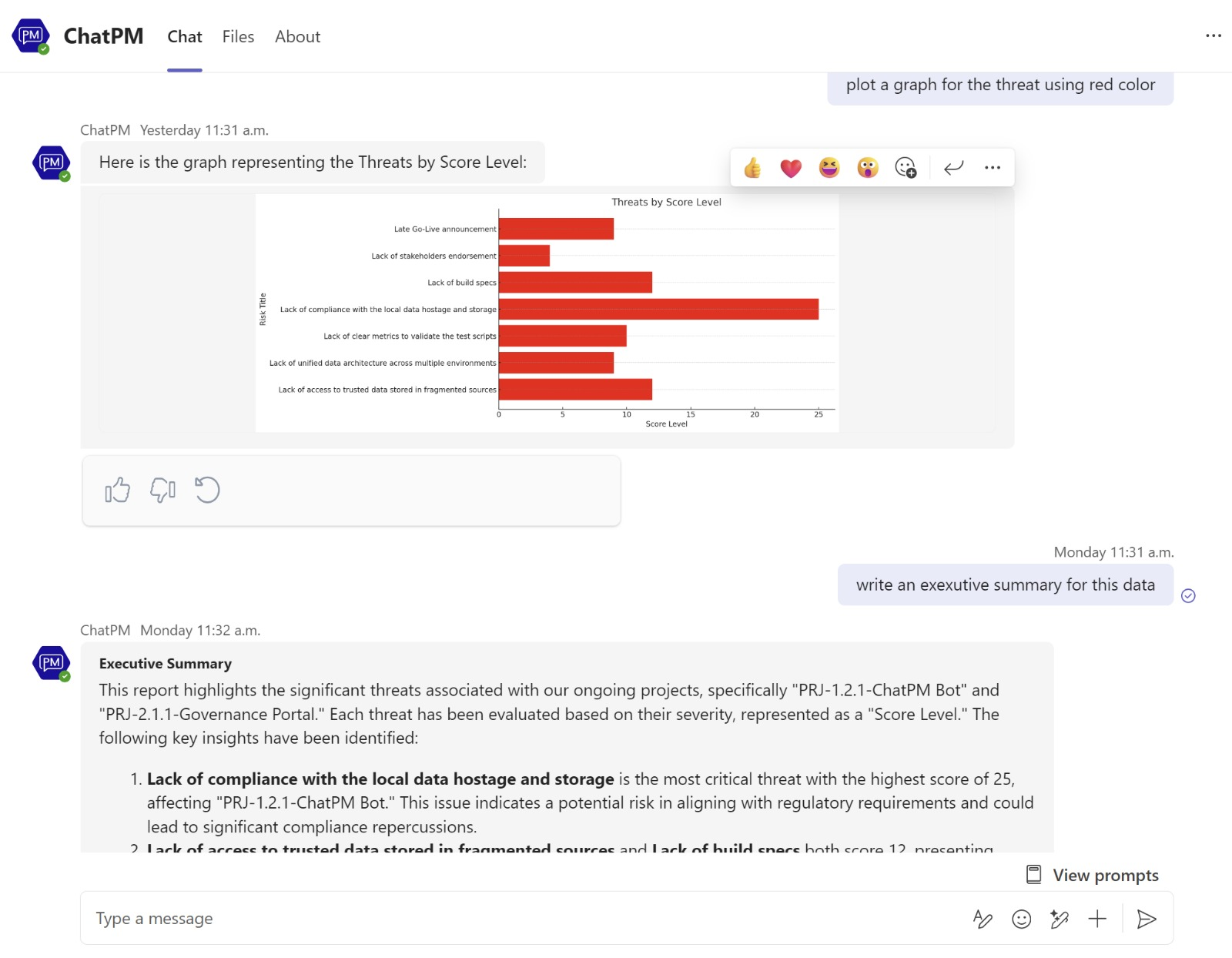AI in Project Management: An Overview

1. Enhanced Planning and Scheduling
Predictive Analytics:
- AI can analyze historical data and identify patterns to predict project timelines, resource needs, and potential bottlenecks.
- By forecasting these elements, AI helps project managers create more accurate and realistic project plans.
Automated Scheduling:
- AI-driven tools can automatically schedule tasks, allocate resources, and adjust timelines based on real-time data and project priorities.
- This reduces the manual effort required for scheduling and ensures optimal use of resources.
2. Improved Risk Management
Risk Prediction:
- AI algorithms can identify potential risks by analyzing project data, external factors, and historical performance.
- Early identification of risks allows project managers to take proactive measures to mitigate them.
Scenario Analysis:
- AI can simulate various scenarios and their impacts on the project, helping managers understand potential outcomes and make informed decisions.
- This enables more robust contingency planning and risk mitigation strategies.
3. Enhanced Decision-Making
Data-Driven Insights:
- AI tools can process vast amounts of data to provide actionable insights and recommendations.
- These insights help project managers make informed decisions quickly, based on comprehensive data analysis rather than intuition alone.
Natural Language Processing (NLP):
- NLP capabilities allow AI to understand and process human language, making it easier to extract relevant information from documents, emails, and reports.
- This streamlines information gathering and enhances the decision-making process.
4. Increased Productivity and Efficiency
Task Automation:
- AI can automate repetitive and time-consuming tasks such as data entry, reporting, and progress tracking.
- This frees up project managers and team members to focus on more strategic activities that add greater value.
Smart Assistants:
- AI-powered virtual assistants can provide project managers with real-time updates, reminders, and recommendations.
- These assistants can also handle routine communications, follow-ups, and meeting scheduling.
5. Improved Collaboration and Communication
AI-Driven Collaboration Tools:
- AI enhances collaboration platforms by suggesting relevant documents, summarizing discussions, and highlighting action items.
- This ensures that team members have the information they need to stay aligned and work efficiently together.
Sentiment Analysis:
- AI can analyze team communications to gauge sentiment and identify potential issues related to team morale or conflicts.
- Addressing these issues early can improve team dynamics and project outcomes.
6. Enhanced Project Tracking and Reporting
Real-Time Monitoring:
- AI provides real-time tracking of project progress, resource utilization, and performance metrics.
- This allows project managers to quickly identify deviations from the plan and take corrective actions.
Automated Reporting:
- AI tools can generate detailed reports and dashboards, providing stakeholders with up-to-date information on project status.
- Automated reporting saves time and ensures consistent and accurate information dissemination.
7. Better Resource Management
Optimal Resource Allocation:
- AI can analyze project requirements and team member skills to allocate resources effectively.
- This ensures that the right people are assigned to the right tasks, enhancing productivity and project success.
Resource Utilization Forecasting:
- AI can predict future resource needs and availability, helping project managers plan for upcoming projects and avoid resource shortages.
8. Continuous Improvement
Performance Analysis:
- AI can analyze project outcomes and performance data to identify areas for improvement.
- By learning from past projects, AI helps organizations continuously refine their project management practices.
Feedback Loops:
- AI systems can incorporate feedback and learn from new data, continuously improving their recommendations and predictions.
Conclusion
AI is revolutionizing project management by providing tools and capabilities that enhance planning, risk management, decision-making, productivity, collaboration, tracking, and resource management. By leveraging AI, organizations can manage projects more efficiently, reduce risks, and achieve better outcomes. As AI technology continues to evolve, its impact on project management will only grow, making it an indispensable tool for modern businesses.
Embracing AI in project management can drive significan



Comments
Post a Comment